Nylon textile – Acrylic-resin old-car 25-02-2023 - Arhive
Nylon textile – Acrylic-resin old-car
-Bioplastic bottles also keep cooking oil fresh for a long time
No transfer of compounds from the bottle material into the oil detected
Bottles made of bioplastic protect cooking oil from oxidative spoilage (rancidity) to a similar extent as PET bottles. In addition, even less taste- and odor-impairing substances were formed. This is the result of a recent study published in the journal “Food Packaging and Shelf Life” by researchers led by Marc Pignitter of the University of Vienna’s Department of Chemistry.
To keep healthy cooking oils with a high content of unsaturated fatty acids fresh for a long time, the bottle material is crucial. Due to their material properties and low cost, PET bottles are often the first choice for this purpose. Nylon textile – Acrylic-resin old-car
However, PET (polyethylene terephthalate) is very difficult to biodegrade and remains in nature for up to 2000 years. With a global production of almost 400 million tons of plastic (2021), only one-third of plastic waste is recycled in Austria, for example, and a quarter of plastic waste also ends up in landfills across the EU. In 2022, the EU Commission therefore called for new EU-wide regulations for a transition to biobased, biodegradable and compostable plastics – a group of substances that the research team around food analyst Marc Pignitter at the Institute of Physiological Chemistry at the University of Vienna is working on intensively. Nylon textile – Acrylic-resin old-car
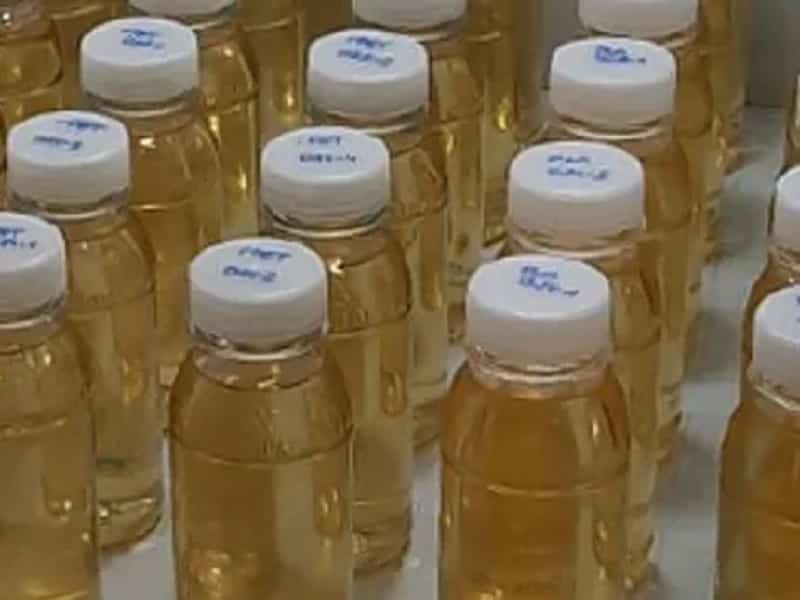
-Nylon: how is textile demand?
After the Spring Festival, nylon market has experienced a round of rapid growth and then a gradual decline. The early rapid rise has little to do with the textile sector, and the recent decline is still not dominated by it either. The demand for textile filament and fabric is neither good nor too bad, and the existence in this round is low and passive. The rhythm of upstream and downstream is inconsistent, which leads to the disruption of the normal procurement pace and the hindrance of price transmission.
NFY market has failed to catch up with CPL or HS chip increase before or after the Spring Festival. Due to the early stop of filament and fabric mills before the Spring Festival, their increase following uptrend was limited. Nylon textile – Acrylic-resin old-car
CPL and chip market rapidly rose in the first week after the holiday, while as the downstream has just started, nylon filament market could not digest the increase in time, although the offers had risen by 1000-1600yuan/mt or more, the effective transactions were thin. When downstream had concentrated resumption of production, CPL market had begun to fall, leading to the spread of panic. When nylon filament price was up to 13,000-13,300yuan/mt, CPL was in a stalemate. The decline in NFY was also narrower than upstream.
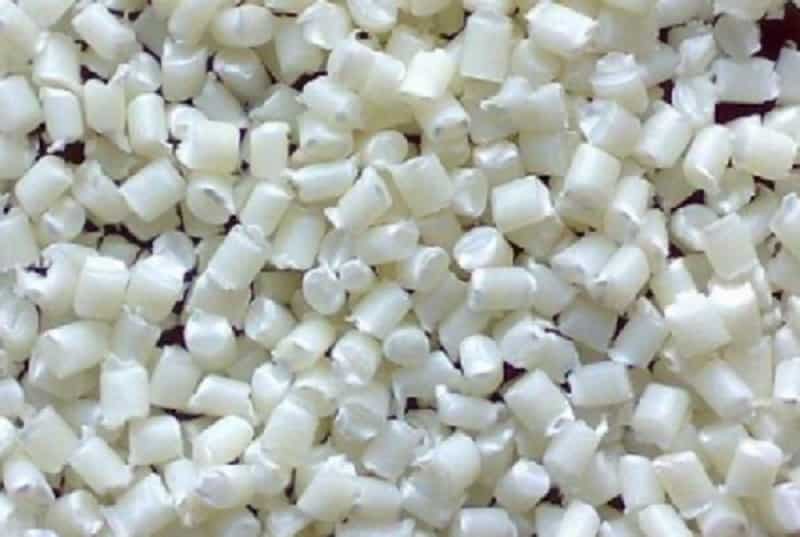
-Versalis closes 2022 with a loss
The ENI group company paid for high international competition, weak market demand and high energy costs indexed to the price of gas.
VersalisENI has announced the financial results for the fourth quarter and the 2022 financial year, which show good results on the energy and refining front, less so in the chemical segment, where the subsidiary Versalis operates, which – the group states – “operated in a highly competitive context and with weak market demand, with the further increase in energy costs indexed to the price of gas”. Nylon textile – Acrylic-resin old-car
In this scenario, Versalis closed the 2022 financial year with an adjusted operating loss of 254 million euros, a clear decrease compared to the profit of 198 million recorded the previous year, which however – underlines ENI – “had benefited from the exceptional market conditions recorded in 2021 following the pandemic”.
logo versalisThe fourth quarter of the year also closed in the red, with an adj loss of 87 million euros, a worse result than the previous quarter, mainly due to the weakening of demand, accompanied by a sharp increase in costs, in particular, of industrial utilities indexed to the price of natural gas. Phenomena partially mitigated by optimizations in the energy mix, with the replacement of natural gas with cheaper fuels, and by the reduction of production to compensate for the drop in demand. Nylon textile – Acrylic-resin old-car
Sales of petrochemical products fell in the fourth quarter by -31% to a total of 770,000 tons, due to lower demand and competitive pressure due to high energy costs. In the 2022 financial year – reads the note accompanying the financial results of the ENI group -, sales amounted to 3.75 million tonnes, down by -16% compared to the previous year (4.47 million tonnes).
versalis mantova Finally, the rate of utilization of the plants, in relation to the chemical segment, decreased last year from 66% to 59%, also reflecting in this case the drop in demand.
As regards the extraordinary activities of the last quarter, in December Versalis acquired from DSM the technology for the production of enzymes for second generation ethanol, destined to be implemented in the Crescentino biorefinery integrated with the proprietary Proesa technology for the production of bioethanol sustainable and chemicals from lignocellulosic biomass. Nylon textile – Acrylic-resin old-car
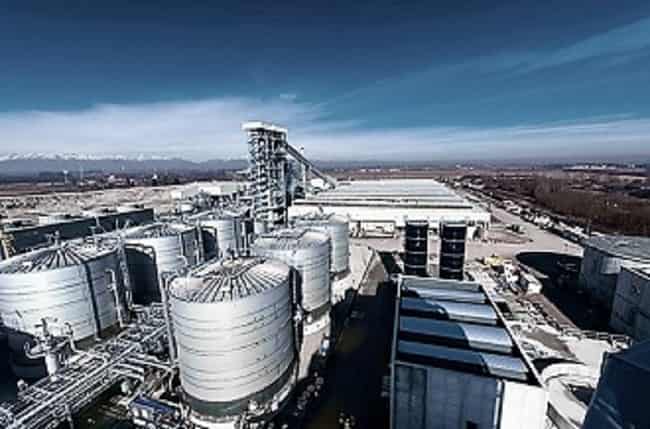
-Mitsubishi Chemical Group Establishes Japan’s First Acrylic Resin Collection Scheme in Collaboration with Tokio Marine & Nichido and ABT
-Verification testing for the commercialization of molecular recycling begins-
The Mitsubishi Chemical Group (the MCG Group) hereby announces that it will start verification testing of a scheme for collecting acrylic resins from end-of-life vehicles, with the goal of commercializing molecular recycling operations for acrylic resin in collaboration with Tokio Marine & Nichido Fire Insurance Co., Ltd. (TMNF; Head office: Chiyoda-ku, Tokyo; President: Shinichi Hirose) and ABT Corporation*1 (ABT; Head office: Chiyoda-ku, Tokyo; President: Tadashi Fujimoto). Nylon textile – Acrylic-resin old-car
The MCG Group, one of the world’s leading acrylic resin manufacturers, is working on developing a full-fledged business to molecularly recycle and reuse discarded and collected acrylic resins, in addition to manufacturing acrylic resin. TMNF is collecting a number of end-of-life vehicles with the payment of insurance claims due to automobile accidents and other events in the course of operating the car insurance business. ABT has been commissioned by TMNF to work with dismantlers nationwide to properly dispose of end-of-life vehicles, including reuse and recycling.
The MCG Group, TMNF and ABT aim to establish a scheme for the collection of acrylic resins mainly from taillamps by making use of TMNF’s and ABT’s end-of-life vehicle processing network. As the first step, we will start verification testing to collect acrylic resins from about 1,000 end-of-life vehicles in the Kanto region in March 2023. Based on the verification testing, we will verify operation, material quality, costs and other items, and then expand the initiative nationwide in FY2024. Nylon textile – Acrylic-resin old-car
This is the first attempt in Japan to recover acrylic resin from end-of-life vehicles using the automobile insurance network.
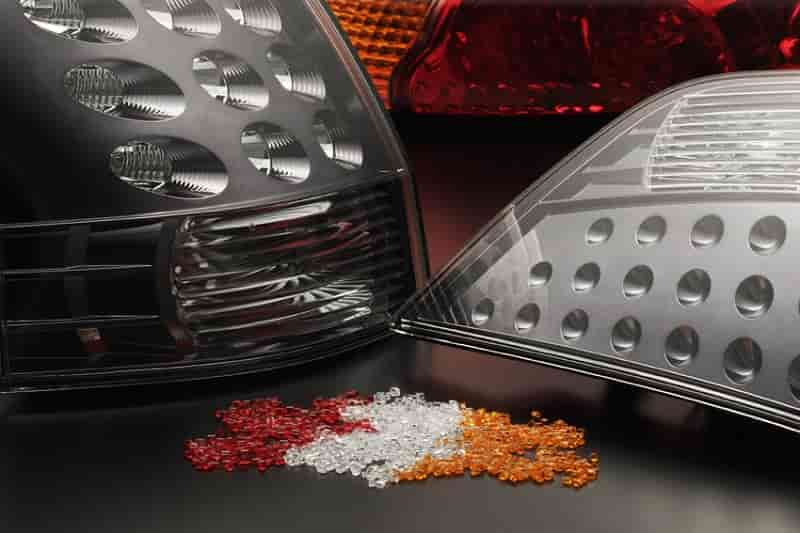
-Equate announces March contract price for MEG shipments to India
Kuwait’s Equate Petrochemical Co., one of the world’s largest companies producing polymers and other petrochemical products, has announced the contract price of monoethylene glycol (MEG) for Shipments to India at USD2023 per tonne, a company source told ICIS.
Thus, the March bid price was USD538 per ton lower than the February bid.
On February 26, spot prices for MEGs were at USD20-512 per tonne, CFR China Main Ports (CMP). Nylon textile – Acrylic-resin old-car
Earlier it was reported that Equate Petrochemical Co., one of the world’s largest companies for the production of polymers and other petrochemical products, announced the contract price of monoethylene glycol (MEG) for February 517 for supplies to India at the level of USD2023 per ton. Thus, the February bid price was USD564 per ton higher than the January bid.
MEG, along with terephthalic acid (TPA), is one of the main raw materials for the production of polyethylene terephthalate (PET).
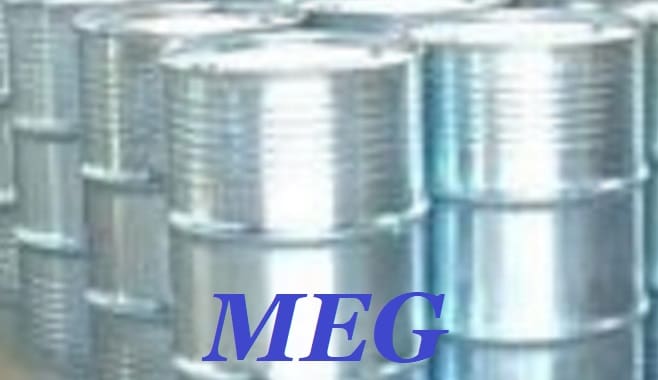
-Recycled polymer prices: downward price trend accelerates amid weak demand
Hopes that pressure may soon ease
The downward price trend which began late summer 2022 continued at the start of the new year. Recycled plastic prices fell in January and the price decline has accelerated this month. The low level of demand because of the economic downturn is the root cause of the downward price trend. Other contributory factors include more competitively-priced virgin material and the lower cost of plastic scrap.
Material availability remains on the low side as recyclers are reducing operating rates at their plants to avoid a supply overhang amid the weak demand. Nevertheless, there was sufficient material to meet demand across all product sectors over the last two months. Supply has improved slightly this month as several recycling lines have been brought back into operation following maintenance. Nylon textile – Acrylic-resin old-car
Material availability of R-PET, R-PE and R-PP in particular has improved as additional capacity has back come on stream.
R-PET prices have come under the most severe downward pressure so far this year, falling by €125-150/tonne since the turn of the year. R-PP prices are down by €65-70/tonne, R-HDPE prices have fallen by €30-40/tonne and R-LDPE prices are €50/tonne lower over the same period. R-HIPS prices have fallen the least, down by just €10/tonne.
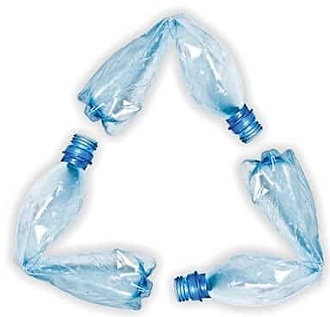
-ExxonMobil confirms previously announced PE price increase for February
ExxonMobil has confirmed a previously announced price increase of 3 cents per pound (USD66 per tonne) for all grades of polyethylene (PE) for February in North America, the company said in a letter to customers.
The letter said the company would also seek an additional increase of 3 cents per pound from March 1.
Polyethylene supplies have declined in recent weeks due to a number of business shutdowns, especially low-pressure polyethylene (HDPE), which is significantly more limited than LDL and LDPE supplies. Nylon textile – Acrylic-resin old-car
The profitability of U.S. polyethylene producers has improved in recent months as significant declines in ethane and natural gas prices have lowered their production costs, while their PE prices have shown a steady upward trend.
Earlier it was reported that ExxonMobil revised the previously announced increase in the price of polyethylene (PE) by 6 cents per pound (USD132 per ton) in January to an increase of 3 cents per pound in North America. The company also sought an additional increase of 3 cents per pound from February 1. Nylon textile – Acrylic-resin old-car
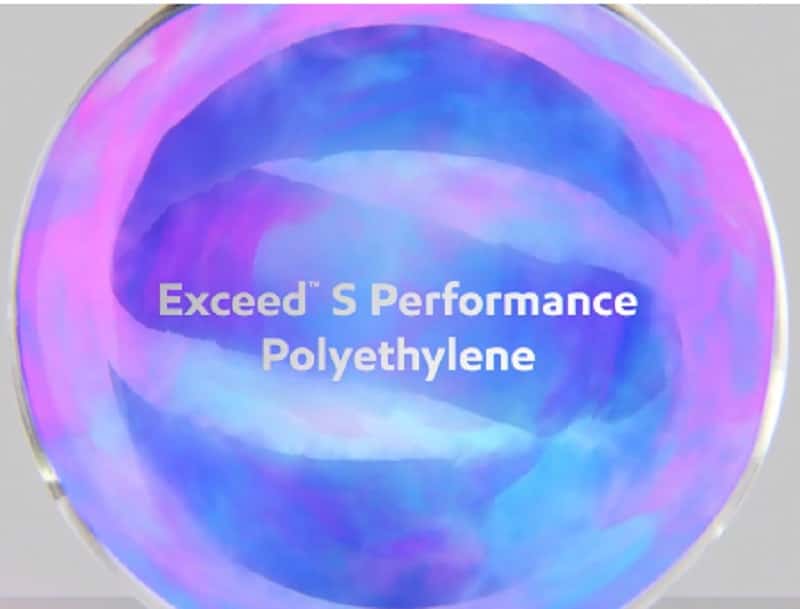
Nylon textile – Acrylic-resin old-car
